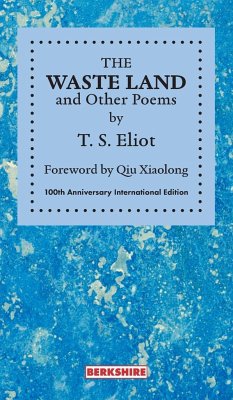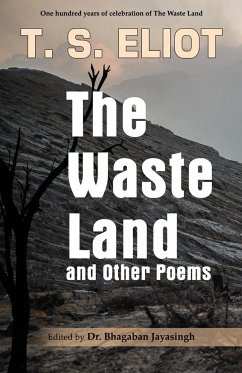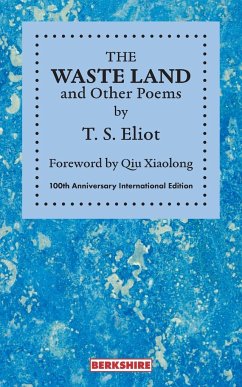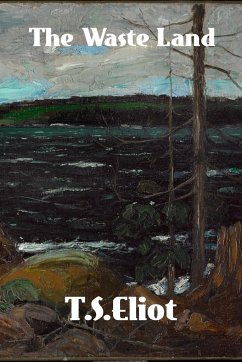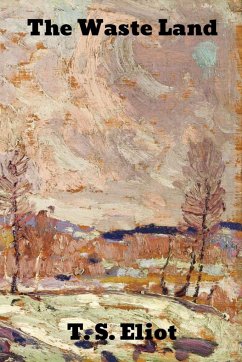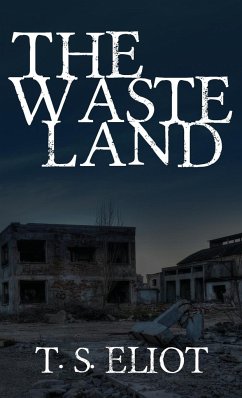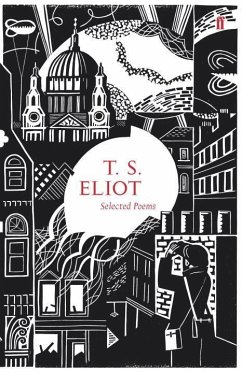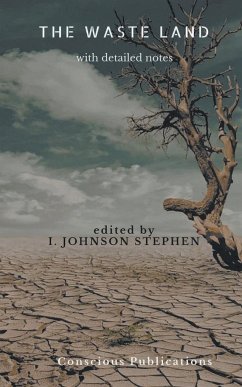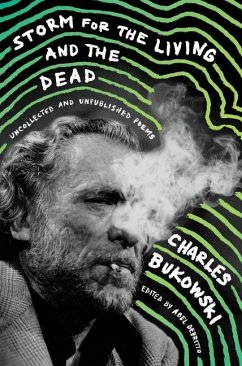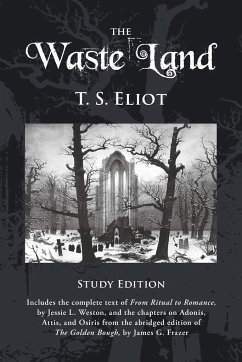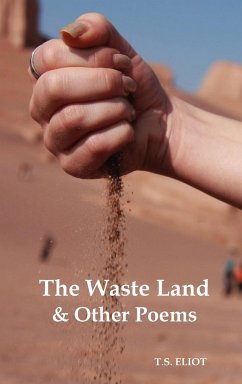
The Waste Land and Other Poems
Versandkostenfrei!
Versandfertig in 1-2 Wochen
17,99 €
inkl. MwSt.
Weitere Ausgaben:

PAYBACK Punkte
9 °P sammeln!
T.S. Eliot's most famous work, The Waste Land, has been called one of the twentieth century's most important poems. Among his most famous lines are "April is the cruellest month" and "I will show you fear in a handful of dust." The poem falls may be placed alongside other prominent modernist poetry, and is especially remarkable for its abrupt change of speaker, place, and time. The Waste Land is pregnant with the futility and despair that pervaded the literary elite of the post-World War I era.





